NVIDIA unveiled its third simultaneous architecture today. While consumer GPUs are still Pascal based, and the deep learning community is using Volta, NVIDIA Turing is out for the professional rendering community. The new NVIDIA Quadro RTX line sports the company’s newest architecture, and one that we expect will displace Pascal on the desktop in the coming weeks/ months.
Introducing NVIDIA Turing with the Quadro RTX Line
As the newest generation of NVIDIA GPU architecture, Turing has a number of interesting features. Some examples are the use of GDDR6 memory, the next generation of GDDR memory. Current Pascal based cards use GDDR5 and we expected the new generation of GPUs to adopt the newer memory standard. This provides more bandwidth using lower cost memory than more exotic examples like HBM(2) that is found on more expensive GPUs.
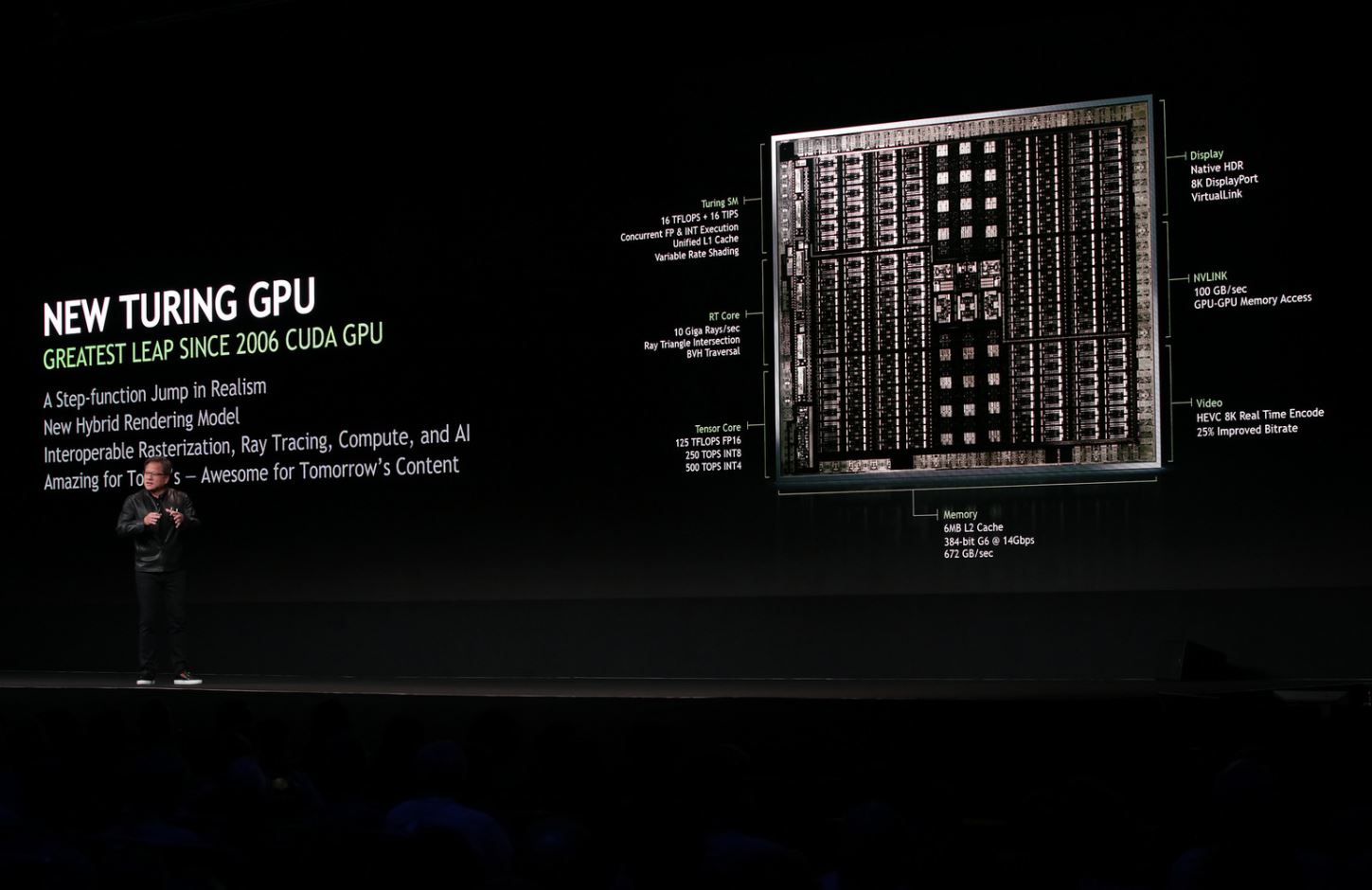
NVIDIA’s new Turing architecture features up to 4608 CUDA cores as well as Tensor cores (up to 500 TOPS), a feature NVIDIA first offered with its Volta generation. NVIDIA also says that the new NVIDIA Quadro RTX 8000 chip can deliver up to 16 TFLOPS (trillion floating point operations per second) in parallel with 16 TIPS (trillion integer operations per second.) GPU companies have been working to increase the compute capacity of their GPUs recently. These increases have largely come at the expense of enabling double-precision support that is often needed by the HPC space and finanical houses.
NVIDIA Quadro RTX
The NVIDIA Turing GPU architecture was announced at SIGGRAPH 2018. SIGGRAPH is a major show for creative professionals so it makes sense that the company is announcing the new architecture with the Quadro line. New branding includes “RTX”. Ray tracing is a major focus as NVIDIA has been pushing the idea of ray tracing augmented by AI inferencing to greatly speed rendering.
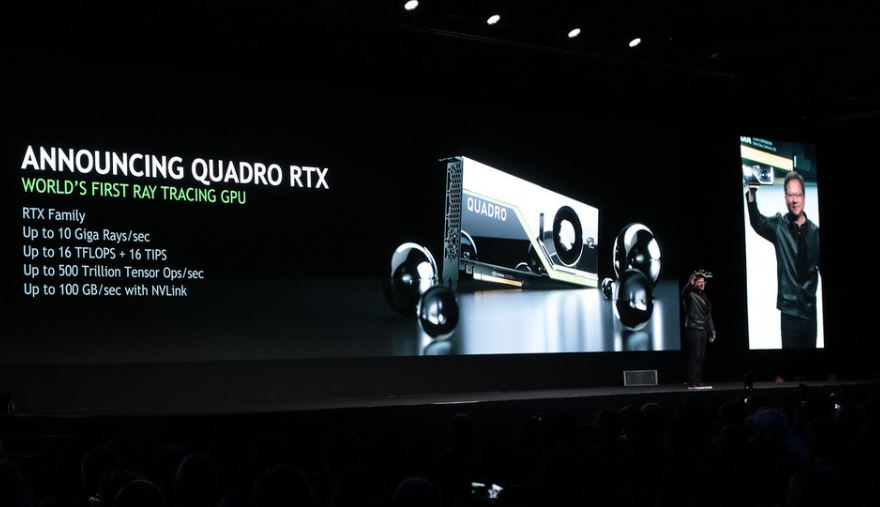
With new generations, we expect bigger specs. Launching as the flagship is the Quadro RTX 8000 with 4608 CUDA cores, 576 Tensor cores and 48GB GDDR6 memory. The new NVIDIA Quadro RTX 8000 cards support 100GB/s NVLink which is the company’s GPU-to-GPU interconnect offering that we saw on the Tesla P100 (SXM2) and V100 among other cards.
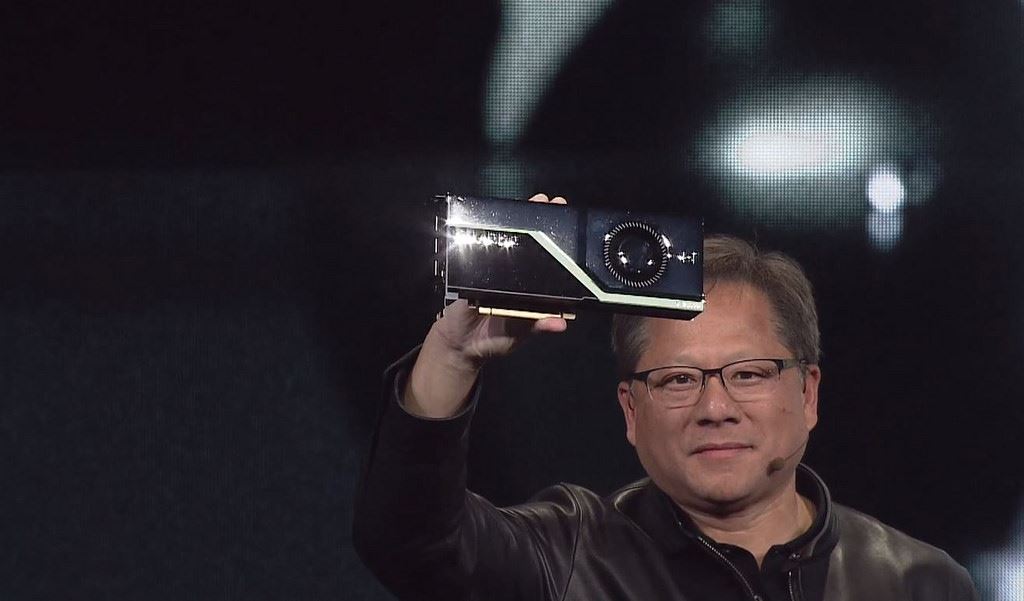
Expected availability of the NVIDIA Quadro RTX line with Turing is Q4 2018. Announced alongside the Quadro RTX 8000 is the NVIDIA Quadro RTX 6000 and Quadro RTX 5000 cards. Aside from the Quadro GV100, the Quadro line has been on Pascal for years.
Final Words
New NVIDIA GPU architectures do not come around often. Replacing Pascal with NVIDIA Turing architecture is just happening well past the 2 year mark. Including Tensor cores and integer, math acceleration is going to make the deep learning community salivate as well. We expect the Turing generation of gaming / desktop GPUs are not going to be far behind the launch of the Quadro cards. We also expect that the desktop cards will become available in Q3 2018 before the higher-priced and higher-spec Quadro GPUs.

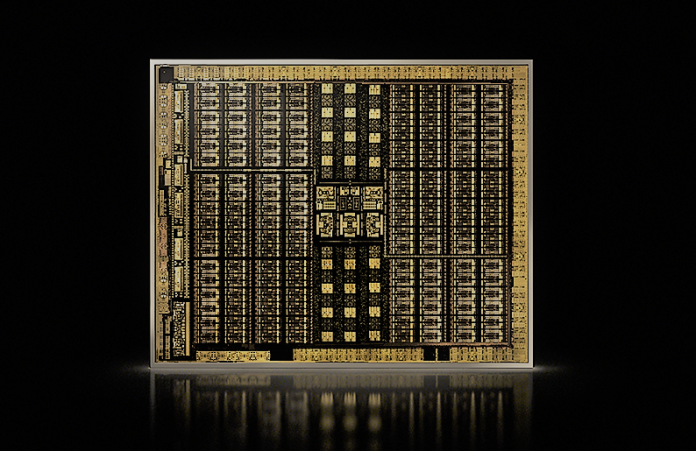
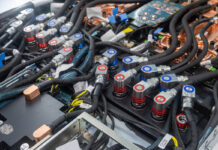
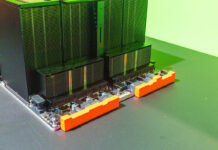
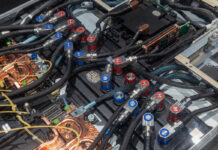
There is an incomplete sentence in the article: “GPU companies have been working to increase the compute capacity of their GPUs ou”